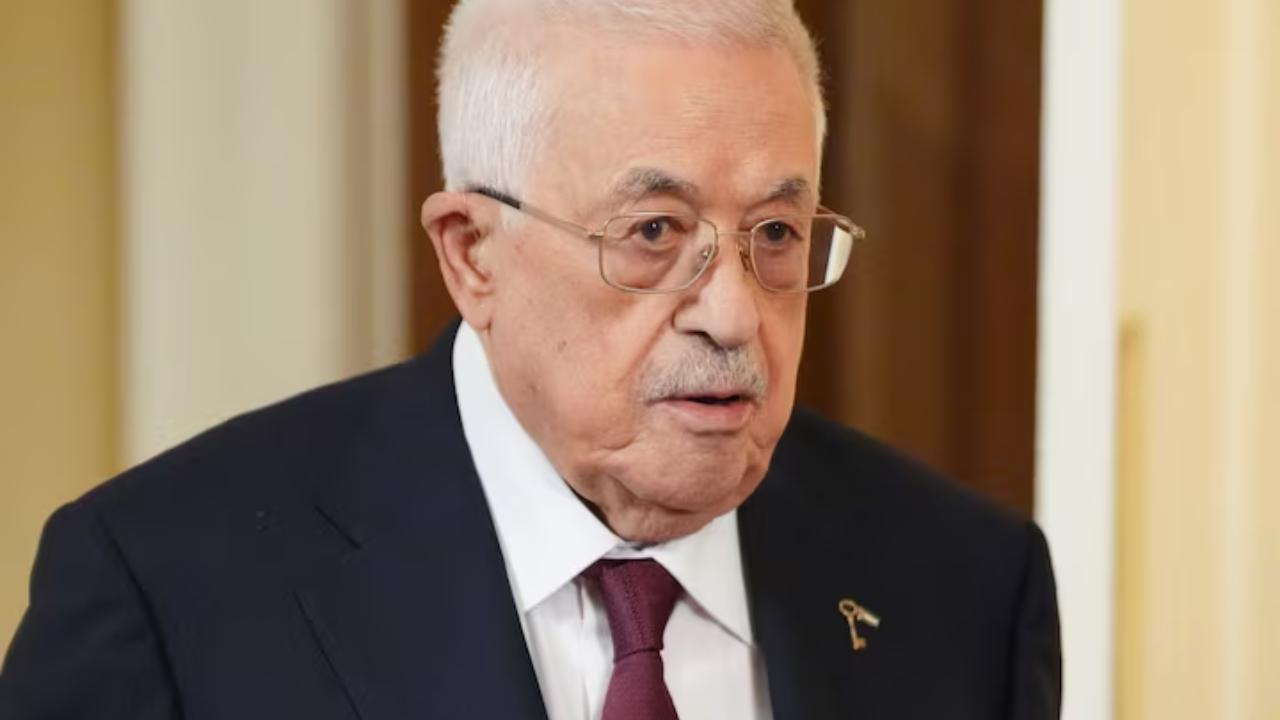
Post by : Monika
Photo: Reuters
On September 19, 2025, the United Nations General Assembly (UNGA) passed a resolution allowing Palestinian President Mahmoud Abbas to deliver his speech at the annual UN gathering via video. This decision followed the United States’ refusal to grant him a visa to enter New York. The resolution passed with 145 votes in favor, 5 against, and 6 abstentions.
The measure also permits other senior Palestinian officials to participate in UN meetings remotely for the next year if they face similar visa restrictions. This resolution represents a significant diplomatic development, highlighting tensions between the United States and the international community over Palestinian representation at the UN.
Background of the U.S. Visa Denial
The United States denied visas to President Abbas and around 80 other Palestinian officials, citing non-compliance with commitments under the Oslo Accords. These accords, signed in the 1990s, were meant to create a framework for peace between Israelis and Palestinians.
The U.S. government argued that the Palestinian leadership had failed to meet its obligations, including stopping financial support to families of individuals involved in terrorist activities. Washington also cited security concerns and foreign policy considerations as reasons for the visa denial.
This move is unusual because, under a 1947 agreement, the U.S. is required to allow foreign diplomats to attend UN meetings in New York. However, the U.S. has maintained that it can deny visas for national security or foreign policy reasons, which has now created a diplomatic conflict at the UN.
UN General Assembly Resolution
In response to the visa denial, the UN General Assembly passed a resolution allowing President Abbas to speak via video. The resolution also permits other Palestinian officials to participate remotely in UN meetings for the next year if they are unable to enter the United States.
The resolution reflects the UN’s commitment to ensuring that all member states have a chance to participate in proceedings, even if travel restrictions prevent physical attendance. UN officials expressed regret over the U.S. decision but emphasized the importance of maintaining Palestinian representation in the international organization.
Voting and International Support
The resolution received broad international support:
The overwhelming support indicates strong international backing for Palestinian participation at the UN, even in cases where host-country restrictions might apply.
Reactions from Different Countries
The U.S. visa denial drew criticism from several countries and international leaders.
France: President Emmanuel Macron criticized the decision, calling it “unacceptable” and urged the United States to reverse its stance. He stressed the importance of ensuring Palestinian representation under the UN’s Host Country Agreement.
Turkey: President Recep Tayyip Erdoğan condemned the U.S. move, arguing that it undermines the purpose of the United Nations, which is to address global issues and promote peace. Erdoğan also criticized Israeli actions in Gaza, referring to them as “massacres” and acts of “cruelty.”
Arab States: Many Arab nations supported the UN resolution, emphasizing the need for Palestinian voices to be heard in international forums. They argued that denying access to the UN would weaken diplomatic efforts and hinder progress toward peace.
Significance of Abbas’s Address
Role of France and Saudi Arabia
In addition to the UNGA speech, President Abbas plans to participate in a summit organized by France and Saudi Arabia. This summit aims to advance the two-state solution and includes discussions on formal recognition of a Palestinian state by multiple nations.
France and Saudi Arabia’s involvement highlights the regional and global interest in resolving the Israeli-Palestinian conflict. Their support strengthens the diplomatic position of Palestinian leaders in international negotiations.
Humanitarian and Political Context
The visa denial comes amid ongoing conflicts and humanitarian challenges in Palestinian territories. Gaza, in particular, has faced significant violence and destruction due to military operations. Tens of thousands of civilians have been displaced, and access to basic needs such as food, water, and medical care remains limited.
The UN and other international organizations have repeatedly called for protection of civilians and humanitarian assistance. By allowing Abbas to speak remotely, the UN ensures that Palestinian leadership can advocate for their people and address urgent humanitarian concerns.
Implications for U.S.-Palestine Relations
Legal and Diplomatic Considerations
Under international law, host countries of the UN are generally expected to provide access to all diplomats. However, the United States has historically used visa restrictions as a tool to address security or policy concerns.
The UN resolution represents a compromise: Palestinians retain the ability to participate, but the U.S. continues to enforce its security-based visa policies. This situation highlights the complex balance between international obligations and national security considerations.
Broader International Reactions
Abbas’s Message to the UN
Importance of Remote Participation
Regional Implications
The UN General Assembly’s decision to allow President Abbas to speak via video after the U.S. denied him a visa is a significant moment in international diplomacy. It underscores the UN’s commitment to inclusive participation for all member states while highlighting ongoing tensions between the U.S. and Palestinian leadership.
Abbas’s virtual address ensures that Palestinian voices remain part of critical global discussions, particularly regarding peace, humanitarian issues, and recognition of statehood.
The resolution also emphasizes the importance of diplomacy and compromise in international relations. While the U.S. continues to enforce its visa policies, the UN has found a way to preserve Palestinian participation, demonstrating the balance between national policy and global obligations.
As the situation develops, it will be crucial to monitor how these diplomatic actions influence the peace process in the Middle East, international relations, and efforts to address humanitarian needs for Palestinian civilians.
United Nations Palestinian President Mahmoud Abbas
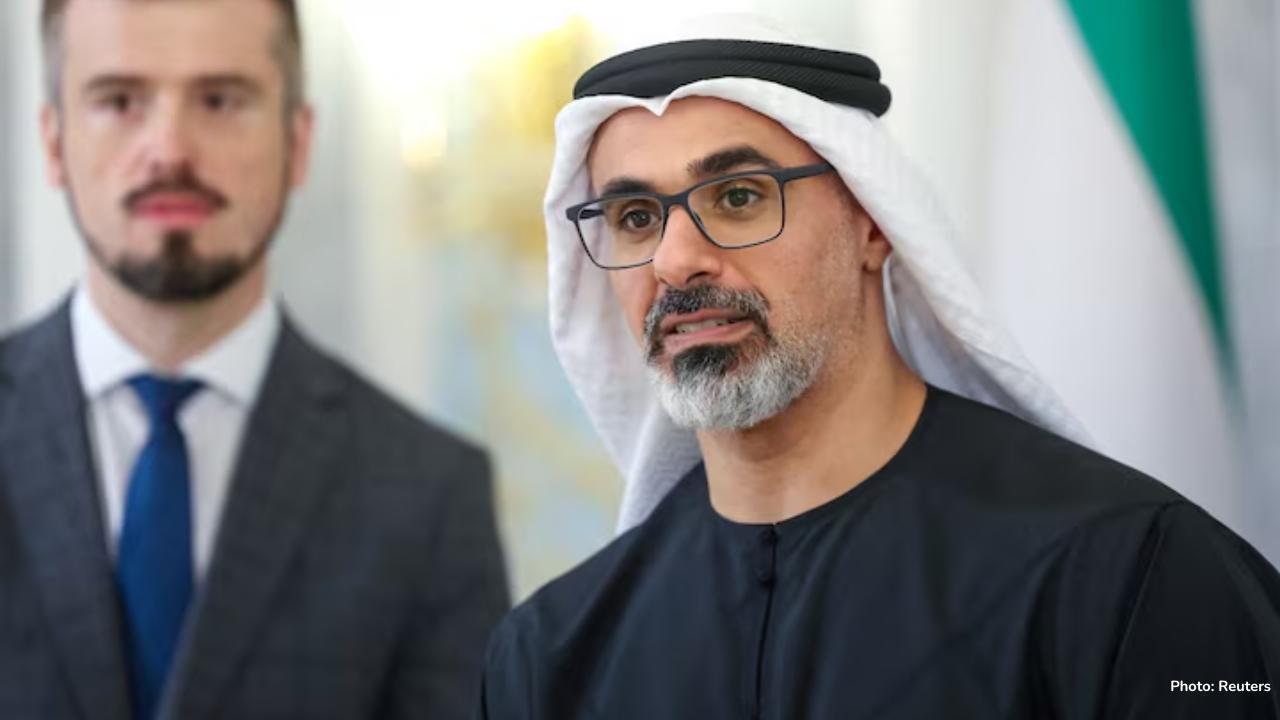
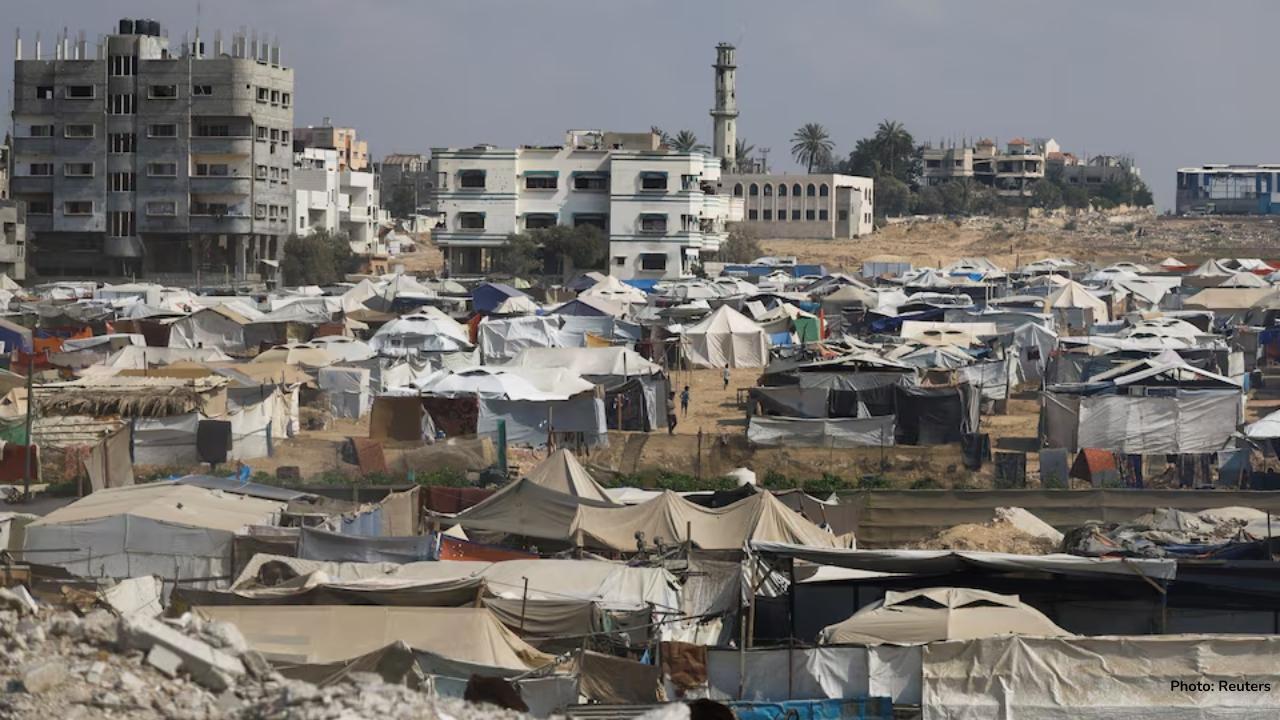


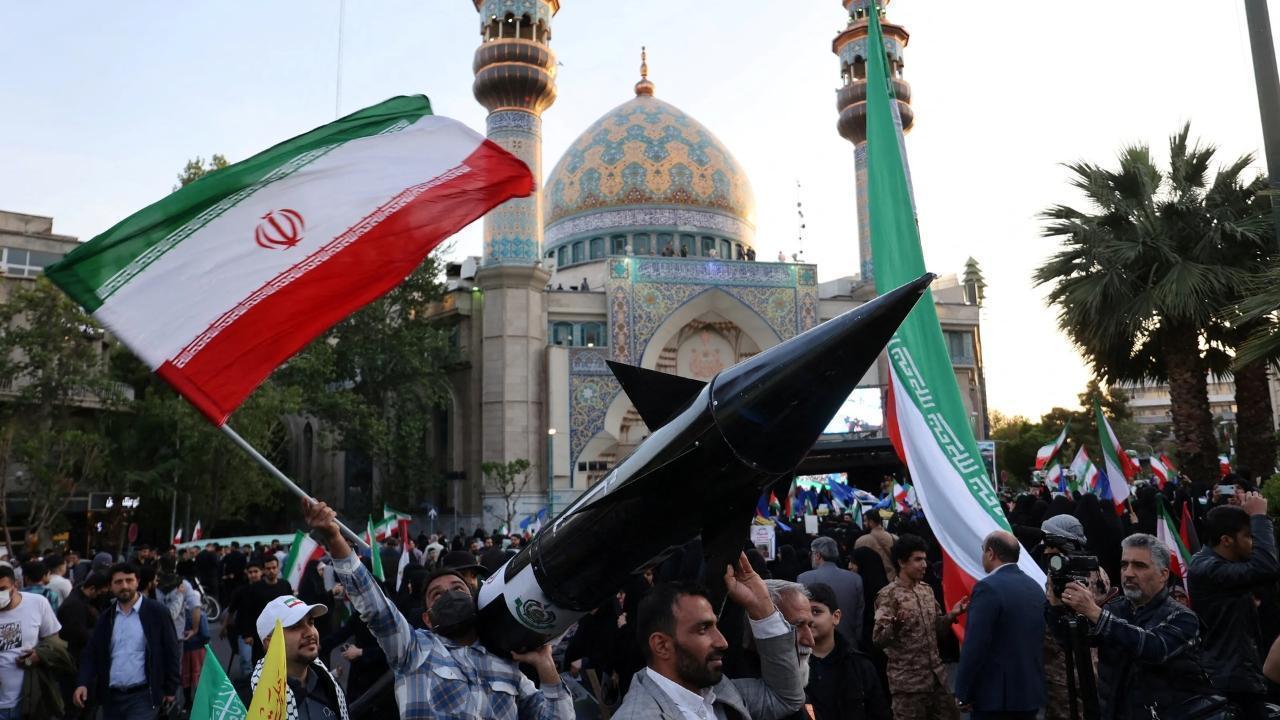
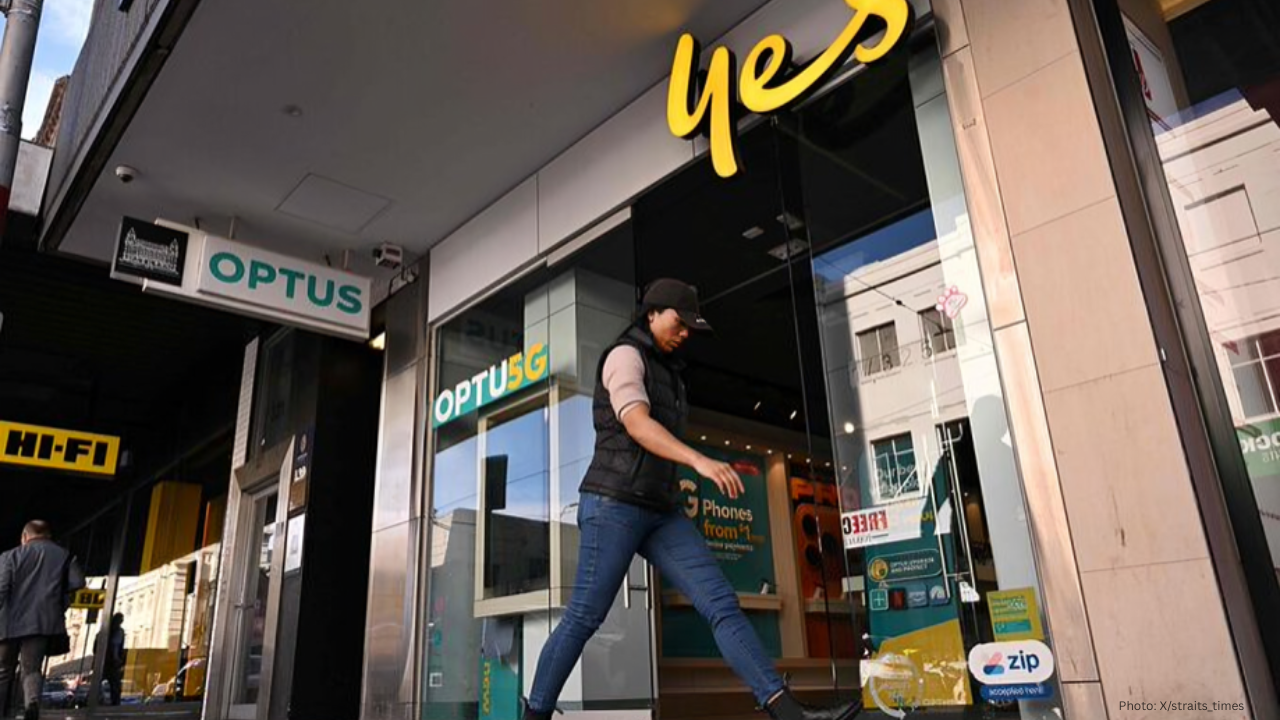
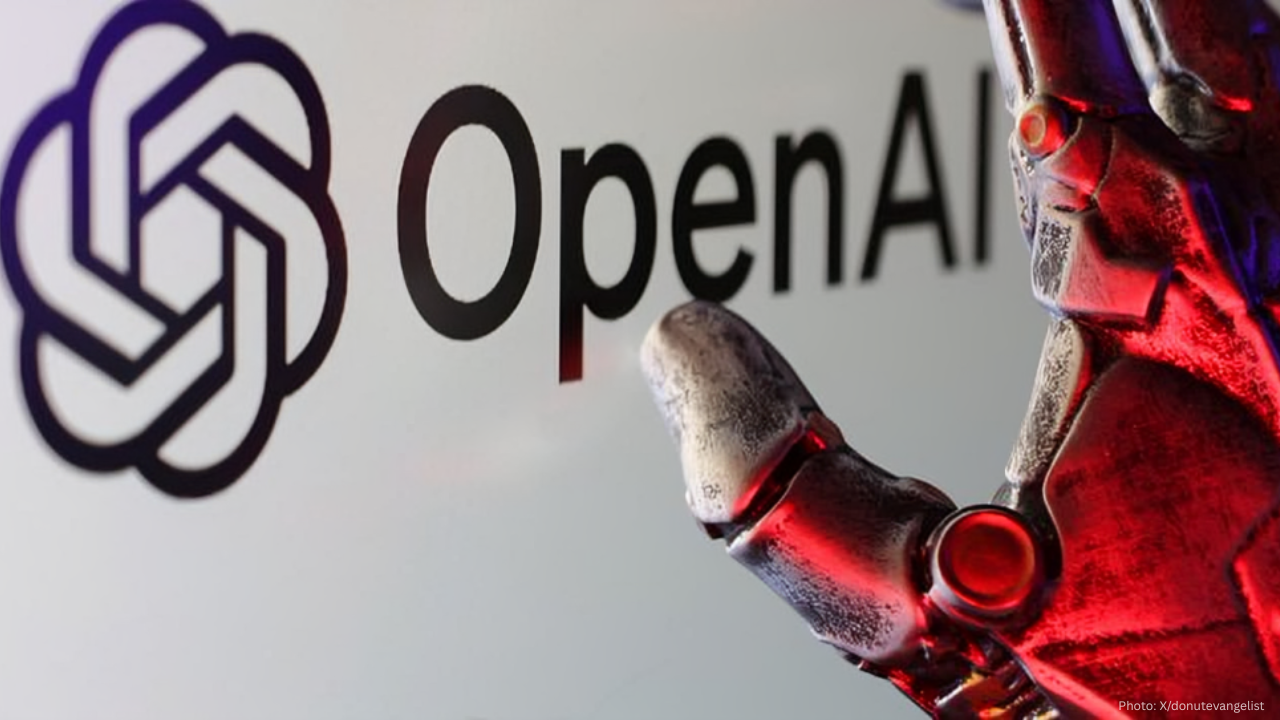
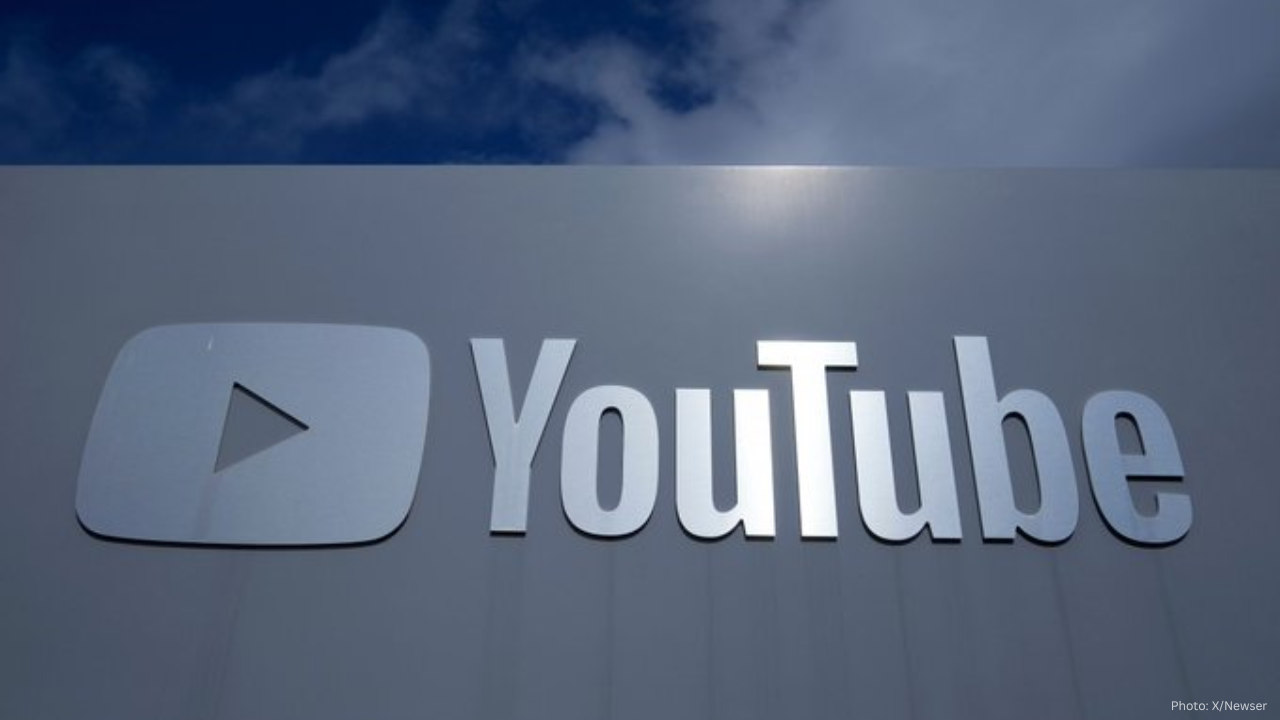
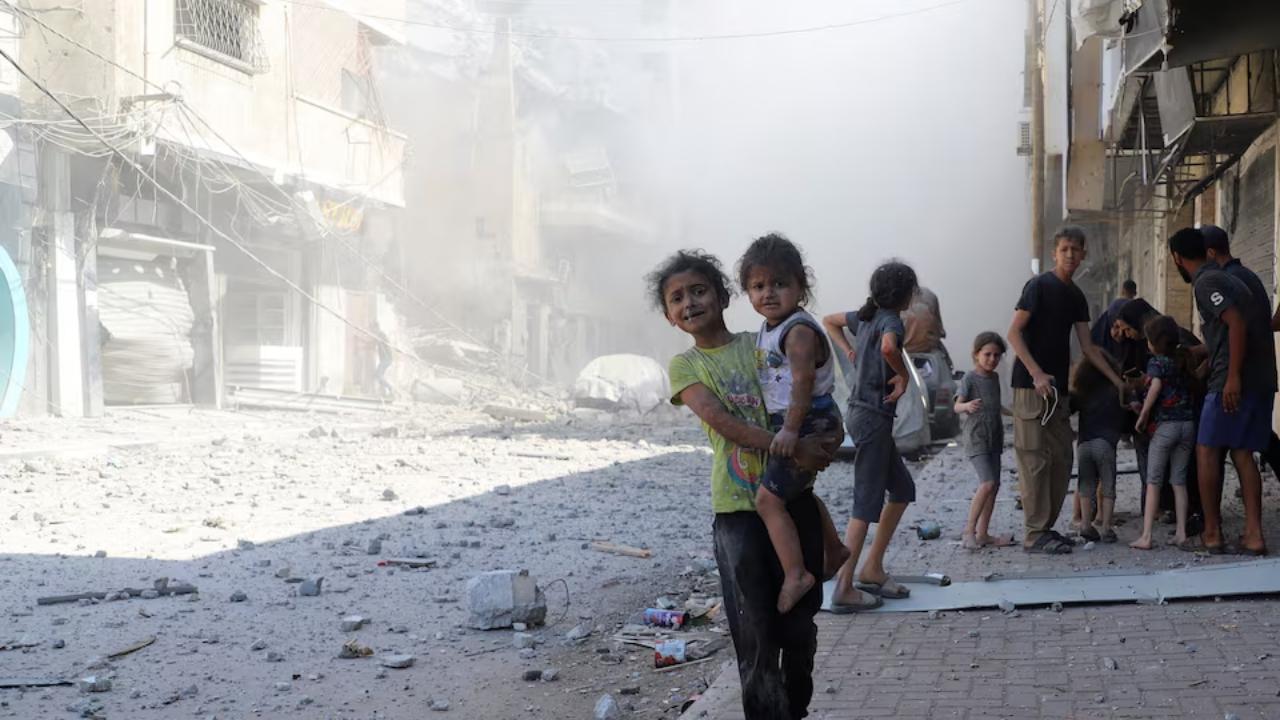

Abu Dhabi Approves $11.4 Billion to Improve City Life
Abu Dhabi's Crown Prince Sheikh Khaled bin Mohamed bin Zayed has approved an $11.4 billion plan to e

Palestinian Authority's Role in UN Two-State Plan Explained
UN-backed plan outlines Palestinian Authority's role in Gaza governance, peace efforts, and state-bu

Dutch Ship Hit by Explosion Near Yemen, Crew Rescued
Dutch-flagged cargo ship Minervagracht attacked near Yemen's Aden; two crew injured, vessel on fire,

UAE Urges Netanyahu to Support Trump’s Gaza Peace Plan
UAE calls on Netanyahu to back Trump's Gaza peace plan and warns against West Bank annexation, empha

US Deports 100 Iranians After Agreement with Tehran
The U.S. has deported 100 Iranians to Iran following a deal with Tehran. A U.S. flight departed from

Trump and Blair Lead New Gaza Peace Plan
U.S. unveils peace plan for Gaza with Trump and Blair leading. Hamas excluded. Plan includes ceasefi